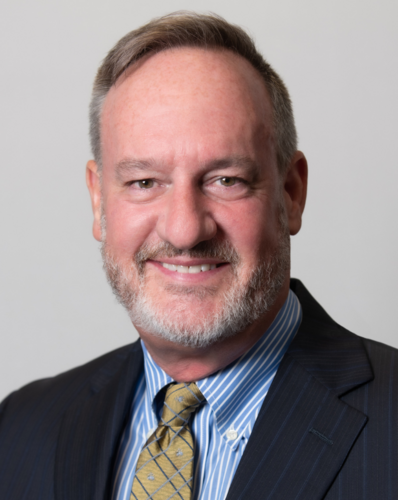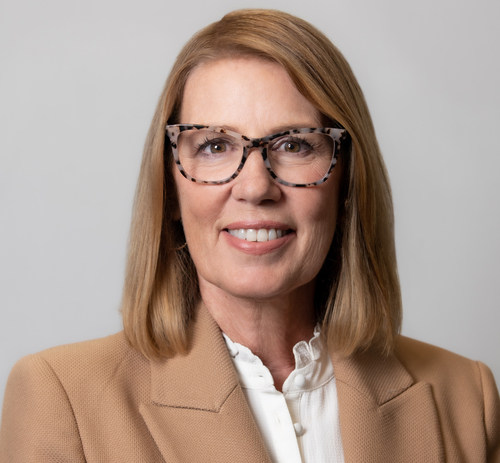New State Ethics and Lobbying Law Goes Back to the Future
By Karl J. Sleight , Joan P. Sullivan
September 21, 2022 |
Articles
In the 1985 science fiction film Back to the Future, actor Michael J. Fox traveled back in time 30 years to revisit past events that had an impact on the present. In the wake of the most recent series of scandals plaguing state government, lawmakers returned to the past and responded with a turn back the clock moment of their own, as they unveiled a statutory overhaul to the government ethics and lobbying regulatory scheme. The changes in many ways represent a return to past practices once championed as “sweeping ethics reform.”
Change of Regulatory Guard
On April 9, 2022, the Legislature and the governor enacted the Ethics Commission Reform Act of 2022 (L 2022, Chapter 56, §1, part QQ (effective July 8, 2022)). In an expected, but nonetheless high-profile change, the Joint Commission on Public Ethics (JCOPE) was unceremoniously terminated after seemingly non-stop criticism from the media, politicians, and the public.
The new law created the Commission on Ethics and Lobbying in Government (CELG), which will regulate lobbyists and state-level public officials. CELG will consist of 11 commissioners from the following appointing authorities, the governor (3), Senate majority (2), Senate minority (1), assembly speaker (2), assembly minority (1), attorney general (1) and comptroller (1).
Notably, this is a departure from JCOPE, which was dominated by gubernatorial appointees. The new model also dispenses with political party equality measures designed to prevent partisan political hunts, that were negotiated by the then Republican-controlled Senate in 2011.
Nominated commissioners are now subject to vetting and recommendation by an independent review committee composed of deans of accredited New York law schools. As of the date of this writing, several individuals have been nominated to CELG but none have been confirmed by the independent review committee.
The new law paves the way for enhanced power at the staff level. This is a reversal of reforms instituted as part of the Public Integrity Reform Act (PIRA) of 2011, which restricted staff and empowered the appointed commissioners after a 2009 report issued by the state inspector general.
That report found improper leaks by the then Commission on Public Integrity (CPI) executive director to the executive chamber concerning an investigation by CPI into the travel of then-Senate Majority Leader Joseph Bruno. The IG report served as the instrument to end the CPI and led to the creation of JCOPE.
The CELG executive director is appointed by the commissioners and serves a four-year term. Current staff from the former JCOPE are widely expected to transition seamlessly to CELG.
Investigation Process
Another significant change is found in the investigations process under the new law. Gone is the clumsy “substantial basis investigation” report. Investigations of lobbyists and state officials now return to the traditional adjudicatory process first created as part of the Ethics in Government Act of 1987 (the 1987 Act).
Practitioners will recognize fundamental due process elements, including notice and opportunity to be heard provisions, confidential hearings before an independent hearing officer, and recommendations to staff and then to the commissioners for review and final determination.
Under the 2022 legislation, CELG must review any pending inquiries or matter affected by Executive Law §94 and shall establish policies to address them, and it must undertake a comprehensive review of all existing regulations and advisory opinions of predecessor ethics agencies (see Executive Law §94 [1][c] and [d]).
The commission retains jurisdiction over those covered under the law in most cases for up to two years after the subject leaves lobbying or in the case of public servants after separating from state service. In another turnback the clock segment, the new statute returns to liberally using the culpable mental state elements “knowing,” “intentionally” and “willfully” from the 1987 Act to find a violation for many of the statutory provisions.
The Financial Disclosure Statement (FDS) segment of the law remains largely unchanged, with one major exception. Tucked into the new law is a provision that creates an apparent safe harbor from criminal prosecution for someone that falsely files an FDS. The new statute states that “no other penalty, civil or criminal may be imposed for a failure to file, or a false filing, … except the commission may recommend that the individual … be disciplined.”
A similar provision was written into the 1987 Act but stricken as part of reforms contained in the Public Employee Ethics Reform Act (PEERA) of 2007. In the past, the provision was viewed as a mechanism to prevent overly aggressive prosecutors from criminalizing unintentional errors by FDS filers.
The Legislative Ethics Commission (LEC) which primarily serves as CELG’s counterpart to provide confidential advice to lawmakers was spared any significant change in the law. The LEC continues as the receiver of investigation determinations by CELG for review and penalty imposition, if required.
Forecast for the Future
CELG is now the sixth regulatory agency charged by the governor and state legislature in modern history with policing government ethics and lobbyist.
The most recent iterations of these regulatory agencies have all fallen victim to self-inflicted errors, often in high-profile cases on the big stage. Whether the staff driven CELG model learns from the mistakes of its predecessors will likely be known when they address significant cases deserving of media attention. The media and public expectations for an “ethics cop” on the beat make future high-profile cases almost a certainty. Regulatory atrophy is not a practical option in the current environment.
Businesses, government affairs professionals and attorneys should remain particularly attentive to developments from CELG and regulatory changes that they may implement in the immediate future.
Reprinted with permission from the “September 21, 2022 edition of the “PUBLICATION”© 202X ALM Global Properties, LLC. All rights reserved. Further duplication without permission is prohibited, contact 877-256-2472 or reprints@alm.com."
Reprinted with permission from the “September 21, 2022 edition of the “PUBLICATION”© 202X ALM Global Properties, LLC. All rights reserved. Further duplication without permission is prohibited, contact 877-256-2472 or reprints@alm.com."




